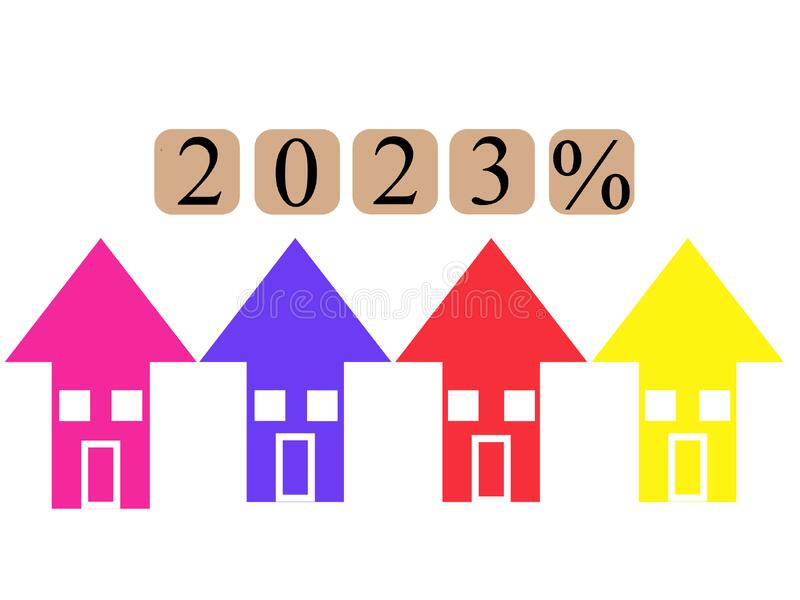The Role of Property Valuation in Buying or Selling a Home: Why It Matters
When embarking on the thrilling adventure of buying or selling a home, one critical aspect can significantly impact the entire process: property valuation. Knowing the accurate market value of a property holds immense importance for both buyers and sellers, as it directly shapes the outcome of the transaction. This comprehensive guide aims to delve into the significance of property valuation in real estate deals and highlight its pivotal role in ensuring a fair and successful exchange. Understanding property's true worth sets the stage for a transparent and rewarding journey for all parties involved.
1. Accurate Pricing: Setting the
Foundation
The process of property valuation provides a solid
foundation for accurate pricing. For sellers, determining the right price is
essential to attract potential buyers and sell the property promptly.
Overpricing a property might lead to it languishing on the market, while
underpricing can result in lost potential profit. Property valuation ensures
that sellers set a competitive and realistic price for their homes, based on
objective data and market trends. Doing so increases their chances of
finding the right buyer at the best possible price.
Buyers, on the other hand, benefit from property valuation
by gaining valuable insights into whether the listed price aligns with the
property's true market value. Armed with this knowledge, buyers can make
informed decisions and negotiate with confidence, knowing that they are not
overpaying for the property.
2. Empowering Negotiation: Knowledge
is Power
A property valuation report empowers both buyers and sellers
during the negotiation process. Having an objective assessment of a property's
value provides a solid reference point for negotiations. Sellers can justify
their asking price with concrete data, while buyers can make reasonable offers
based on the property's true worth.
Negotiation becomes a smoother and more transparent process
when both parties have access to a reliable property valuation. This enhances
the likelihood of reaching a fair agreement that satisfies all involved
parties.
3. Securing Financing: A Crucial Step
Property valuation is a crucial step in securing financing
for a real estate purchase. Lenders use the valuation report to assess the
property's market value before approving a mortgage or loan. For sellers,
having a certified valuation report can still have confidence in potential
buyers, making it easier for them to secure financing to purchase the property.
On the buyer's side, lenders need to ensure that the loan
amount aligns with the property's true market value. By conducting their
valuation, lenders minimize the risk of financing a property that may not be
worth the loan amount, safeguarding their investments.
4. Making Informed Investment
Decisions
For many, buying a home is not just a place to live but also
a significant investment. Property valuation plays a pivotal role in assessing
homeowners' and investors' potential return on investment (ROI).
When homeowners have plans to sell their property in the
future, having a clear understanding of the current market value empowers them
to strategize effectively. Armed with this knowledge, they can set a
competitive listing price and make informed decisions throughout the selling
process, ultimately maximizing their chances of a successful sale.
On the other hand, property valuation is equally crucial for
investors seeking lucrative opportunities in the real estate market. A
comprehensive property valuation allows investors to identify properties with
high appreciation potential or attractive rental yields. By analyzing the
valuation report, investors can make well-informed decisions about which
properties align best with their investment goals, ensuring they make profitable
choices.
5. Property Tax Assessment: Paying
Fair Taxes
Property valuation directly impacts the property tax
assessment process. Local governments use property valuations to calculate the
amount of property tax homeowners must pay. An accurate valuation ensures that
homeowners pay fair taxes based on their property's actual market value,
avoiding the burden of excessive tax payments.
For homeowners, having a precise understanding of their
property's value can also assist in potential property tax appeals, if they
believe the assessed value is unjustly high.
Conclusion: The Value of Property
Valuation
In conclusion, property valuation plays a vital role in the
process of buying or selling a home. From setting the right price and
empowering negotiations to securing financing and making informed investment
decisions, property valuation is a cornerstone of successful real estate
transactions. Both buyers and sellers benefit from this objective assessment,
as it ensures transparency, reduces risks and enhances the overall efficiency
of the process. As you embark on your real estate journey, consider the value
of property valuation as your trusted guide in achieving your home-buying or
selling goals.





Comments
Post a Comment